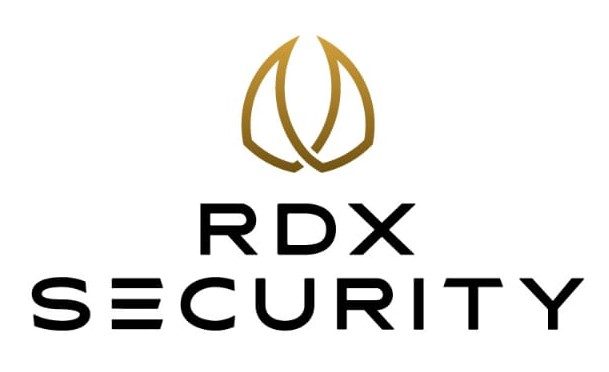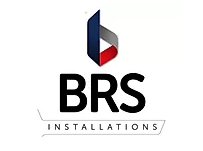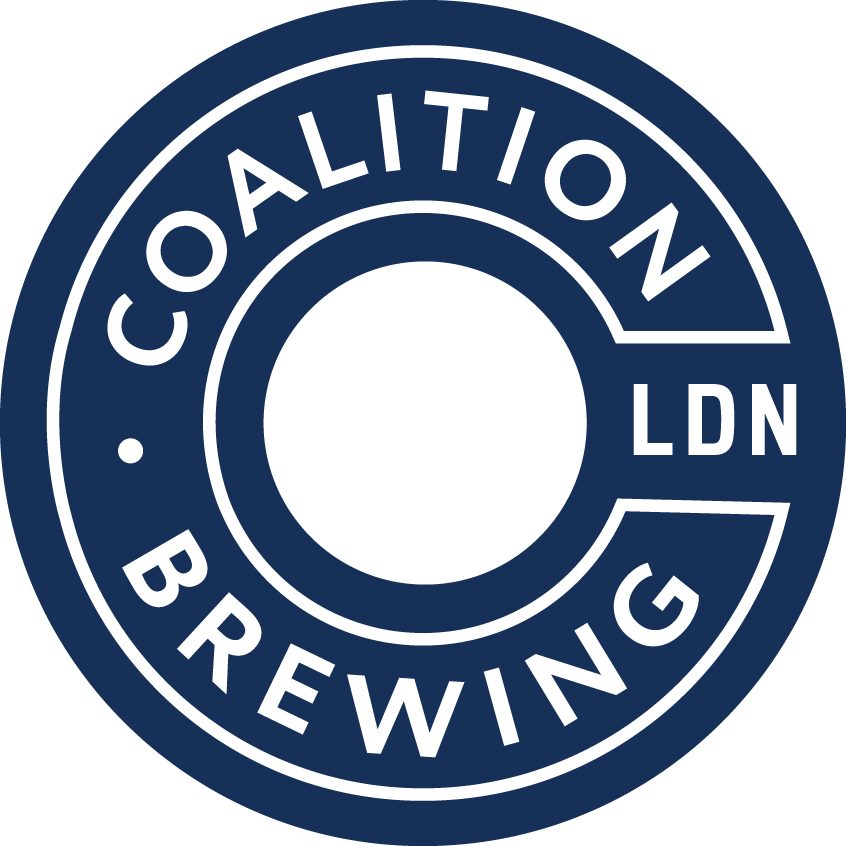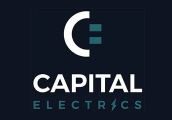YouTubers Taxes in the United Kingdom
- March 2023
- 5 minutes
You made the decision to start your own YouTube channel and to regularly upload videos to the platform.
Where content is created with the goal of profit, YouTubers are required to pay taxes on their income. If you earn money from AdSense, sponsorships, brand deals, or the sale of information or goods, you will be considered to be in business and must pay taxes as a result.
And learning that you have to pay taxes on something that was once a hobby or just a passion of yours, where you get to be yourself and share more about what you love doing, can be terrifying, especially if you have no experience with paying taxes.
So be sure to read this article carefully because I’ll explain how you are taxed on your YouTube earnings in the UK so you won’t be caught off guard.
 What Taxes Are Payable By A YouTuber In The UK?
What Taxes Are Payable By A YouTuber In The UK?
You will probably need to pay taxes if you make money from your YouTube channel. Only if you can claim that running a YouTube channel is just a hobby will you be able to get away with it; otherwise, the majority of YouTubers who are making money are doing so on purpose!
That implies that you are a self-employed business owner. You must inform the tax authorities, i.e., His Majesty’s Revenue Collection (HMRC), who is in charge of collecting taxes in the UK, that you are earning money from your channel.
 Taxes a YouTuber pays and how much tax is it?
Taxes a YouTuber pays and how much tax is it?
On the money they make from their videos, they pay personal income tax. Therefore, you must report all income through a self-assessment tax return.
If not, you risk receiving significant fines.
You are considered a self-employed individual and must file a self-assessment tax return if you don’t have a company set up. You must calculate your profit in order to determine how much tax you owe to HMRC in this tax return.
When you have multiple income streams, such as advertising revenue, AdSense earnings, and income from brand deals, even though you can do this yourself, it can become quite complicated.
 How is it calculated?
How is it calculated?
The amount of tax you must pay is based on your profit. Your profit is essentially your YouTube income less your outgoing costs. The difficult part is figuring out which expenses you can and cannot claim. Having an accountant on board who can assist and direct you in this is beneficial for this reason. Most of the time, hiring an accountant to handle your tax returns and accounting will cost you less in taxes than it will be worth!
The first £12,570 or so (2022–23) is tax-free if you do not have any other sources of income, such as another job. Your personal allowance is the maximum income you can earn before paying taxes. This amount often goes up every tax year.
If your income during the tax year exceeds £12,570, you must pay tax on the excess. Depending on your income, there are various tax rates.
In general, you’ll pay 20% tax on any profit you make between your personal allowance and £50,000. Then you will pay 40% between £50,000 and £100,000 in total. Above £150,000, it is 45%. Additionally, there is a marginal rate of tax that applies to any income between £100,000 and £125,000 and comes out to be over 60%. If your YouTube earnings are getting close to this amount, speak with an accountant immediately—you don’t want to be paying this much tax!
As you are self-employed you are also liable to pay national insurance. This is what you pay on top of income tax and is calculated at 13.25% (2022/23) of your earnings over the personal allowance.
Here’s the breakdown of the charge for the excess of £12,570 you are to pay:
 Personal Income Tax:
Personal Income Tax:
- For every income above £12,570 – £50,000 a year you get to pay y 20% tax
- For every income above £50,000 – £100,000 you pay 40% tax
- For every income above £150,000 you pay a 45% tax
Due to the self-assessment system in place in the UK, it is your responsibility to determine your own tax liability. Penalties and interest could be assessed if you make a mistake.
Get in touch if you’d like to discuss whether operating through a limited company might be a better arrangement for you to save tax if you make more than £30,000 a year.
 Do Influencers Pay Taxes On Gifts?
Do Influencers Pay Taxes On Gifts?
It varies. Normally, gifts are exempt from taxation. However, the gift would be taxable if it could be interpreted as payment in kind for any services rendered, such as those made for advertising.
 What Can I Write-off as an Influencer?
What Can I Write-off as an Influencer?
When we use the term “write-off,” we refer to tax deductions or expenses, which serve to lower your overall tax burden.
Any expense that was “wholly and exclusively” incurred for the benefit of your business is deductible. For example, any payment you make to a third party for services used by your business may be deducted from your taxable income.
 Examples of such costs include:
Examples of such costs include:
- Online advertising: when you spend on different digital marketing means to bring in traffic to your videos.
- Equipment: when you spend the equipment you use in running the business e.g. laptops, monitors, cameras, etc.
- Professional fees: when you pay an accountant, lawyer, or agent to help you run your business and manage your earnings.
- Software: Costs for tools like email marketing software or image editing programs.
- Marketing Activities: Expenses for paid advertising, giveaways, and other promotional activities.
- Travel Expenses: Costs for airfare, train tickets, or petrol when travelling to different work locations, such as photoshoots or blog reviews. This doesn’t cover trips to your regular workplace.
- Accommodation: Hotel expenses when you’re working away from home and your usual work location.
- Music Licenses and Purchases: Fees for music used in your social media posts.
- Non-Gifted Purchases: Items you buy specifically to review (as long as they aren’t used for personal purposes).
There are very specific guidelines regarding what you can and cannot claim, and HMRC may challenge you if you submit a claim for expenses that are not tax-deductible.
Always keep the receipts you receive for any business expenses so you have them when HMRC asks for proof.
 Use of a Limited Company
Use of a Limited Company
As your business grows, it would make sense to consider using a limited company to trade instead of yourself. We manage this transition for you and end your self employment with HMRC and replace it with Limited company trading. Using a limited company comes with a lot more responsibilities and costs. However, the tax savings are enough to justify this cost if you are at least earnings more than £50,000 a year. You can take dividends out of a company and pay a reduced rate of tax on it. However, dividends can only be paid after paying corporation tax. Therefore, it is important to consider the corporation tax when calculating your overall taxation cost.
 Working out tax on dividends
Working out tax on dividends
How much tax you pay on dividends above the dividend allowance depends on your Income Tax band.
- Basic rate – 8.75%
- Higher rate – 33.75%
- Additional rate – 39.35%
You also get £500 worth of dividends tax free (dividend allowance) for the tax year 6 April 2024 to 5 April 2025.
 Reports and Tax Returns Required
Reports and Tax Returns Required
- Annual Financial Statements (Accounts)
- Deadline: 9 months after the end of the financial year for private companies.
- Purpose: To provide an overview of the company’s financial health, including a balance sheet and profit and loss account.
- Where to File: Companies House.
- Confirmation Statement (CS01)
- Deadline: Every 12 months.
- Purpose: To confirm and update key details about the company, including directors, registered address, and shareholding.
- Where to File: Companies House.
- Corporation Tax Return (CT600)
- Deadline: 12 months after the end of the accounting period (usually the company’s financial year-end).
- Purpose: To report the company’s income, expenses, and calculate the corporation tax due.
- Where to File: HMRC.
- VAT Returns (if VAT-registered)
- Deadline: Quarterly or monthly, depending on the company’s VAT scheme.
- Purpose: To report VAT collected on sales and VAT paid on purchases, with the difference paid or reclaimed.
- Where to File: HMRC.
- PAYE and National Insurance (NI) Returns (if employing staff)
- Deadline: Monthly or quarterly for PAYE payments, with an annual return summarizing contributions.
- Purpose: To report tax and NI contributions for employees.
- Where to File: HMRC.
- Employer Annual Return (P11D)
- Deadline: 6 July each year.
- Purpose: To report benefits in kind provided to employees and directors.
- Where to File: HMRC.
- Self-Assessment Tax Return (if director receives personal income or dividends)
- Deadline: 31 January each year (online filing).
- Purpose: To report any personal income or dividends received as a director.
- Where to File: HMRC.
- Dividend Documentation
- Requirement: Whenever dividends are issued, the company must prepare dividend vouchers and hold board meetings to approve the dividends.
- Purpose: To formally record and approve dividend payments to shareholders.
- Where to File: Keep for company records (not filed, but HMRC may request if audited).
 How Do YouTubers Get Paid?
How Do YouTubers Get Paid?
When they monetise their content on YouTube, YouTubers are compensated.
All YouTubers must first sign up for the YouTube Partner Program in order to start earning money from their videos. Through this program, they can monetize their videos using Google AdSense.
Additionally, when their videos receive a sufficient number of views and likes, advertisers can pay YouTube creators a set amount of money to have their ads shown to viewers.
YouTube gives them a 55% share of the money made while keeping 45% for themselves.
Here are some examples of how they get paid:
- Brand Sponsorship: Here a brand sponsors an influencer to advertise their goods or services in front of the influencer’s massive audience.
- Channel Memberships: YouTubers with a loyal audience can have their fans subscribe to membership programs where they get bonus content for a specified fee.
- Merchandise Sales: YouTubers have the option to sell customized merchandise to their viewing audience on YouTube. Items like t-shirts, face caps, bags, lipsticks, fashion kits, etc are usually sold by a lot of influencers to their audience on YouTube
Youtubers pay taxes on their taxable income. You need to pay tax on the profits you make to HMRC on income earned in the year.
If you have a full-time job then you’ll need to work out the correct tax to pay on your total income and declare this on your tax return.
Although you can do your own tax return, there are hefty fines if you get it wrong.
We help taxpayers in the UK to ensure compliance with HMRC – It is a legal responsibility. If you need help in submitting your annual Tax reports, please do feel free to get in touch with us by completing the contact us form.
















